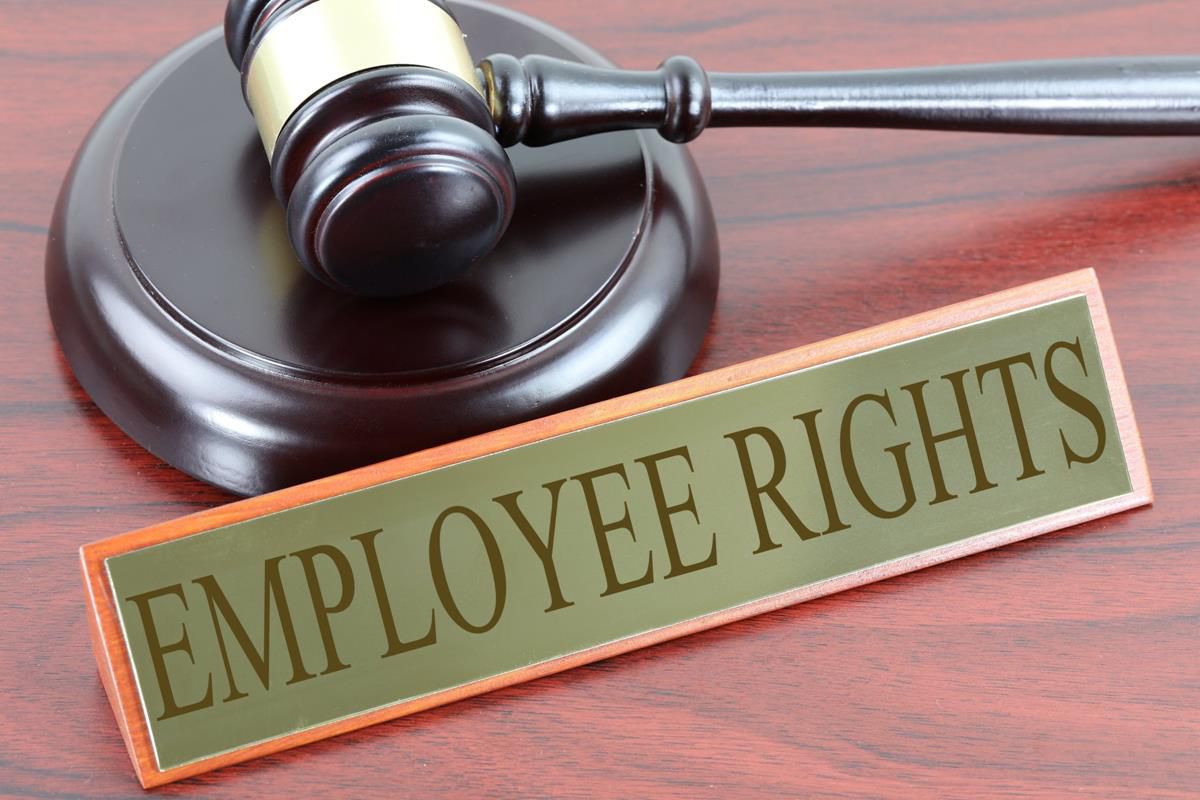Understanding the Camp Lejeune Justice Act

Overview of the Legislation
On August 10, 2022, President Biden signed the Camp Lejeune Water Contamination Justice Act into law as part of the broader Honoring Our PACT Act. This law allows individuals exposed to contaminated water at Camp Lejeune to file civil lawsuits in federal court. The goal is to provide justice and compensation to those affected by the toxic water. Before this law, many victims couldn’t sue due to North Carolina’s strict 10-year limit on filing claims. Now, they have a two-year window to seek compensation.
Eligibility Criteria
To qualify for compensation under the Camp Lejeune Justice Act, individuals must meet specific criteria:
- They must have lived, worked, or been otherwise exposed to the water at Camp Lejeune between August 1, 1953, and December 31, 1987, for at least 30 days. This includes children exposed in utero.
- They must provide evidence showing a link between their exposure to the contaminated water and the harm they experienced.
- All claims must be filed within two years of the law’s enactment on August 10, 2022.
Impact on Veterans and Families
The Camp Lejeune Justice Act aims to help veterans and their families who suffered due to the contaminated water. The bill benefits those who were previously denied justice. It allows them to seek compensation for illnesses caused by toxic exposure, separate from VA health and disability benefits. This law is a significant step toward addressing the long-standing issues faced by those affected by the water contamination at Camp Lejeune.
The Legal Process for Camp Lejeune Lawsuits
Filing a lawsuit for Camp Lejeune water contamination involves several key steps. Each step is crucial to ensure that affected veterans and their families can seek the justice they deserve.
Collecting Evidence
The first step in the legal process is collecting evidence. This includes gathering medical records, expert testimonies, and proof of time spent at Camp Lejeune. These documents help verify the injury and establish the damages in the case.
Filing the Lawsuit
Before filing a lawsuit, an administrative claim must be filed with the Department of the Navy (DON). The DON may offer an elective payout if certain conditions are met. If the claim is rejected or the payout is not accepted, the next step is to file a lawsuit against the federal government.
Negotiating Settlements
Once the lawsuit is filed, the next phase often involves negotiating settlements. Experienced attorneys work to negotiate a settlement amount that covers medical bills, pain and suffering, and other damages.
Going to Trial
If a settlement cannot be reached, the case may go to trial. During the trial, both sides present their evidence and arguments, and a jury or judge makes a decision. This step is crucial for those who do not receive a satisfactory settlement offer.
Each of these steps is essential in the pursuit of justice for those affected by the water contamination at Camp Lejeune.
How Camp Lejeune Lawsuits Affect VA Benefits
Separation of VA Benefits and Lawsuits
Filing a Camp Lejeune lawsuit will not affect any VA benefits you may already be receiving or any future benefits. The VA has made it clear that making a claim for injuries from the drinking water at Camp Lejeune against the United States government will have no impact on VA benefits. This means veterans can pursue justice without worrying about losing their current or future VA benefits.
Potential Compensation from Both Sources
Veterans may be eligible to receive compensation from both VA benefits and a Camp Lejeune lawsuit. VA benefits for Camp Lejeune include disability pay, health care, and more. These benefits are separate from Camp Lejeune lawsuits, and you may be able to access compensation from both sources if you qualify. This dual compensation can help cover medical bills, pain and suffering, and other related expenses.
VA-Accredited Attorneys
At Sokolove Law, there are VA-accredited attorneys who can assist veterans and their families with filing a Camp Lejeune VA claim for benefits. These attorneys are knowledgeable about the process and can help ensure that veterans receive the benefits they are entitled to. Having a VA-accredited attorney can make the process smoother and increase the chances of a successful claim.
Common Health Issues Linked to Camp Lejeune Water Contamination
Types of Toxic Chemicals Involved
The water at Camp Lejeune was contaminated with several dangerous chemicals, including volatile organic compounds (VOCs) like tetrachloroethylene (PCE), trichloroethylene (TCE), vinyl chloride, and benzene. These chemicals seeped into the water supply from various sources, including industrial waste and a nearby dry cleaning business.
Associated Diseases and Conditions
Exposure to these toxic chemicals has been linked to numerous serious health conditions. Some of the most common health issues include:
- Various cancers, such as:
- Leukemia
- Bladder cancer
- Kidney cancer
- Liver cancer
- Lung cancer
- Breast cancer
- Esophageal cancer
- Brain cancer
- Multiple myeloma
- Non-Hodgkin’s lymphoma
- Ovarian cancer
- Cervical cancer
- Neurological disorders, including Parkinson’s disease
- Infertility and miscarriages
- Birth defects and developmental problems
- Heart disease
- Fatty liver disease
- Renal toxicity
- Scleroderma
- ALS (Lou Gehrig’s Disease)
Medical Evidence Required
To support a claim related to Camp Lejeune water contamination, medical evidence is crucial. This includes:
- Medical records documenting the diagnosis of any of the associated diseases or conditions.
- Proof of residence or employment at Camp Lejeune during the contamination period (1953-1987).
- Expert medical opinions linking the diagnosed condition to the exposure to contaminated water.
Collecting and presenting this evidence can significantly strengthen a claim and improve the chances of receiving compensation.
Finding the Right Camp Lejeune Lawsuit Lawyer
Qualities to Look For
When searching for a Camp Lejeune lawsuit lawyer, it’s important to find someone with the right qualities. Look for a lawyer who has:
- Experience in handling environmental exposure cases.
- A track record of successful outcomes in similar lawsuits.
- The ability to communicate clearly and keep you informed throughout the process.
- A commitment to fighting for the maximum compensation you deserve.
Questions to Ask During Consultation
Before hiring a lawyer, it’s crucial to ask the right questions during your consultation. Consider asking:
- How many Camp Lejeune cases have you handled?
- What is your success rate with these types of cases?
- Do you work on a contingency fee basis?
- Will you be handling my case personally, or will it be referred to another firm?
- How do you plan to approach my case?
Importance of Experience in Similar Cases
Experience in similar cases is vital when choosing a Camp Lejeune lawsuit lawyer. Lawyers with extensive trial experience and knowledge of environmental law are better equipped to navigate the complexities of these cases. They understand the specific legal challenges involved and can build a strong case on your behalf.
Compensation and Settlement Options
Elective Option Payouts
The Elective Option (EO) is one way veterans can receive compensation. This option is based on the type of injury and the length of time spent at Camp Lejeune. For example, settlements for bladder cancer range from $150,000 to $450,000, while those for kidney disease range from $100,000 to $250,000. The Torts Branch and the DOJ are the two entities making these offers. As of now, 50 cases qualify for the EO, with 18 offers accepted and 13 still pending.
Negotiated Settlements
Negotiated settlements are another route for compensation. These settlements are reached through discussions between the claimant’s lawyer and the government. The amounts can vary widely based on the specifics of each case. For instance, someone with Parkinson’s Disease might receive a different amount than someone with non-Hodgkin’s Lymphoma. The goal is to reach a fair amount that compensates for medical expenses, pain, and suffering.
Jury Verdicts
If a settlement cannot be reached, the case may go to trial. In this scenario, a jury will decide the compensation amount. This can be a lengthy process but may result in higher payouts. The government has allocated $22 billion for Camp Lejeune settlements and jury payouts, so there is significant funding available. However, the final amount will depend on the jury’s decision and the specifics of the case.
Steps to Take if You Were Exposed to Contaminated Water
Documenting Your Exposure
If you believe you were exposed to contaminated water at Camp Lejeune, the first step is to document your exposure. This includes gathering any records that show you lived or worked at Camp Lejeune during the time the water was contaminated. These records can be military service documents, housing records, or employment records.
Seeking Medical Attention
Next, it is crucial to seek medical attention. A doctor can provide the necessary documentation linking your health condition to the contaminated water. Make sure to follow through with any prescribed treatment plan, as your health comes first. Delaying or refusing treatment could worsen your condition.
Contacting a Lawyer
Finally, reach out to a Camp Lejeune water contamination lawyer. They can help you navigate the legal process and fight for the compensation you deserve. If you are having difficulty getting approved for benefits, a lawyer can assist you in filing a claim and ensuring you get the help and respect you deserve.



